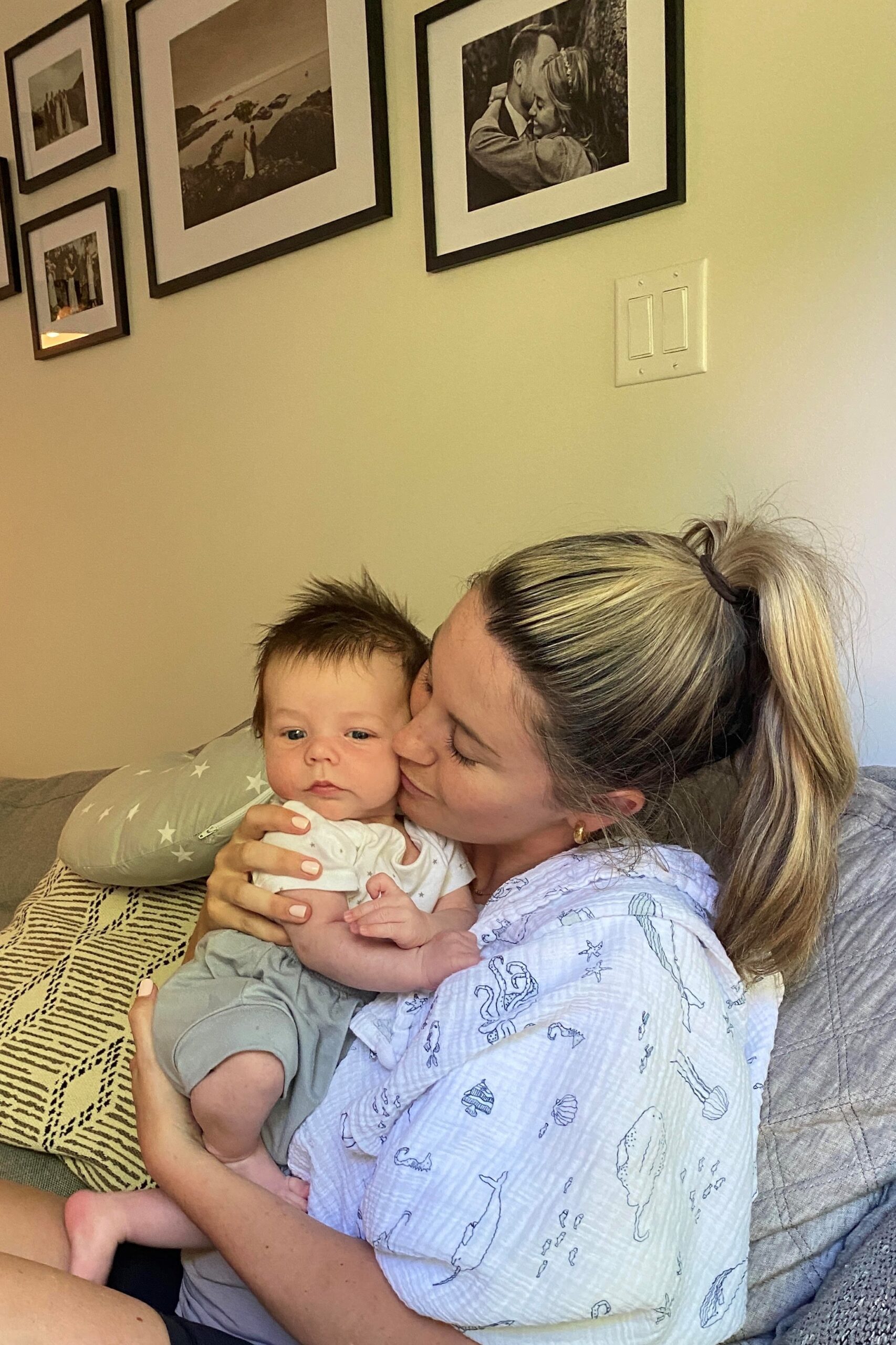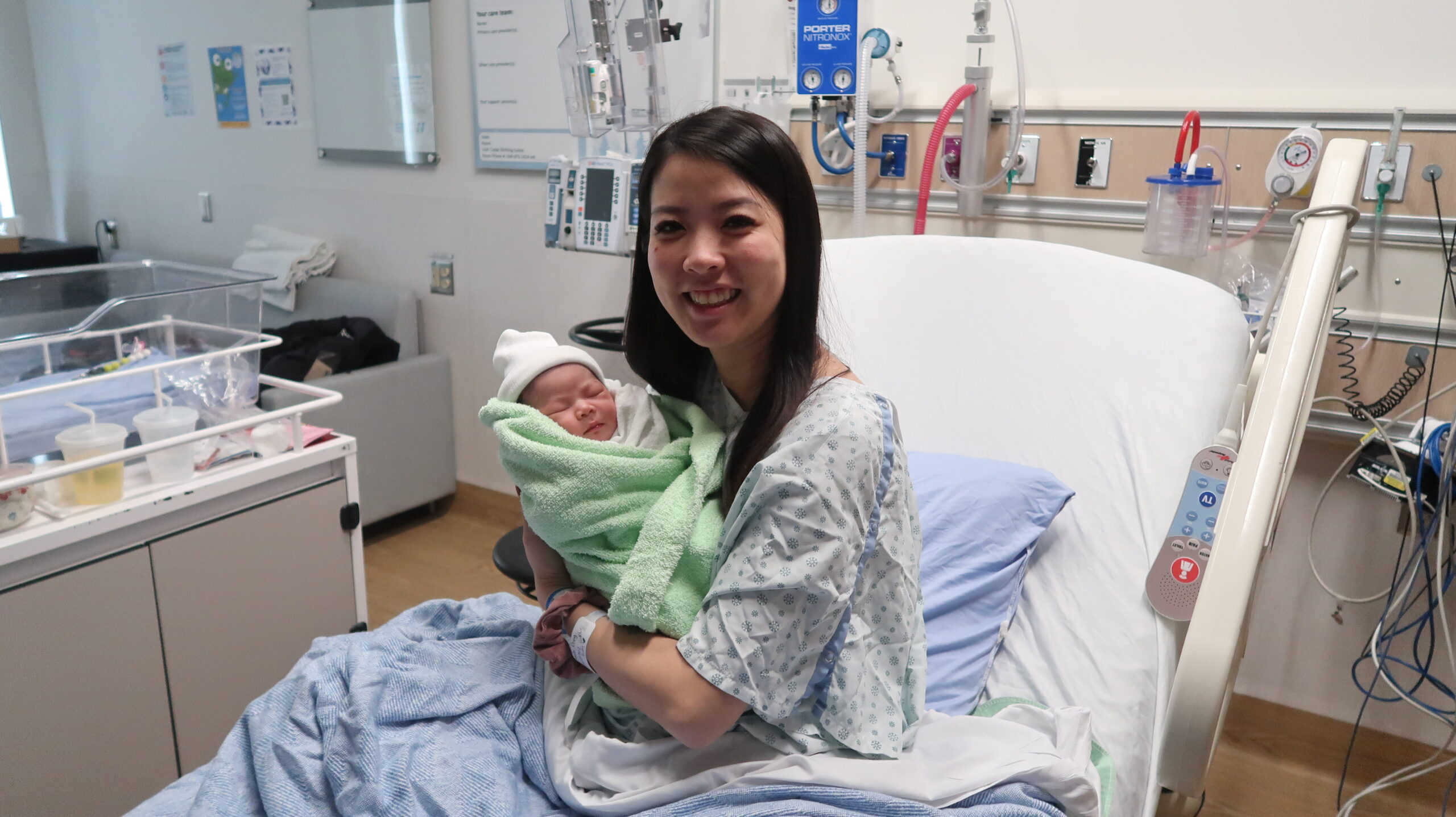
In recognition of International Day of Women and Girls in Science, we are profiling women researchers who are doing important work in women’s health. We asked these researchers a few questions including Ismalia De Sousa, a Ph.D student in the School of Nursing at UBC and a recipient of one of the BC Women’s Health Foundation’s Graduate Student awards.
Tell us about yourself.
I’m a Ph.D. student in the School of Nursing at the University of British Columbia under the supervision of Dr. Sally Thorne, Dr. Sandra Lauck and Dr. Thalia Field. My Ph.D. research is at the interlocking of stroke care, equity, gender and other intersectional factors.
Provide a description of your latest research project.
In my Ph.D research, I will explore young women stroke survivors’ experiences in accessing care through the patient pathway in BC, including LGBTQIA+ and visible minorities. My research project will use Interpretive Description, a qualitative methodology that informs practice in the applied disciplines; and intersectionality theory, which underscores the multi-axes of identity and systems of power (for example, ableism, ageism, racism, heteronormativity, sexism, classism, discrimination against language or culture) that shape peoples’ experiences leading to inequities.
I will be interviewing young stroke survivors and their family member/primary carer, as well as analyzing interview records from stroke clinicians, clinical and policy documents for stroke care.
Why did you decide to focus your work on women’s health research?
In stroke care, women are under-researched, under-treated and have different health outcomes in comparison with men. However, women’s intersectional experiences in stroke care, particularly young women stroke survivors’ experiences, have not been explored through an equity lens. Among the understudied subsets of this younger population are also LGBTQIA+ and visible minorities. Further, clinical documents and policies in stroke care in BC have not been analyzed for the existence of gender-transformative policies.
What impact do you intend to have on women’s health with your research?
I hope that my study will make significant contributions to the body of literature in this area, demonstrate inequities, and provide recommendations for healthcare systems, contributing to person-centre and equitable systems of care that improve outcomes for young stroke survivors.
We live in a world with many competing priorities right now. What excites you most about having others recognize your research as a valuable investment?
I’m always deeply touched by the generosity of those who support research and graduate students’ academic endeavours. Nurses bring a specific angle of vision to their research, an angle centred on the individuals and their communities, and a commitment to equity. And it is exciting to know that despite competing priorities, we live in a world where people value and recognize that our angle of vision can help advance a bigger goal: promoting health and reducing inequities.
Follow Ismalia:
- Twitter: @Ismalia_S
- Linkedin: www.linkedin/com/in/ismaliadesousa
You can double your impact this February and give researchers like Ismalia the support they deserve to study the unique health needs of women. From now until February 28, your gifts to the Women’s Health Research Fund will be matched by the Auxiliary to BC Women’s Hospital + Health Centre, up to $27,500. This could mean two fully-funded Catalyst Grant awards to kick-start the research process and support the next generation of women’s health researchers in the province.
BC Women’s Health Foundation is BC’s largest non-profit organization dedicated to advancing the full spectrum of women’s health. The information shared is intended to educate, inform, and point readers to credible sources. It is not intended to substitute professional medical advice.



